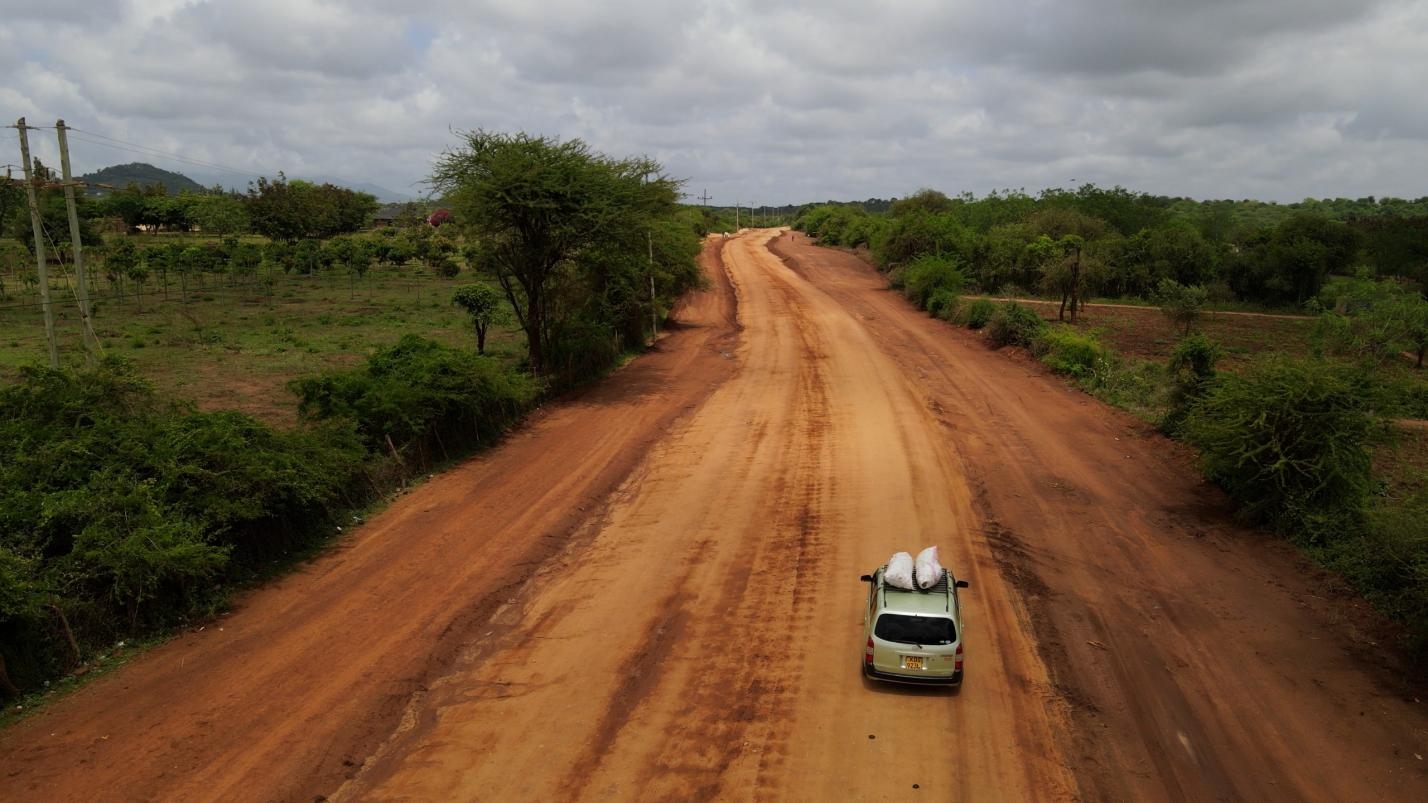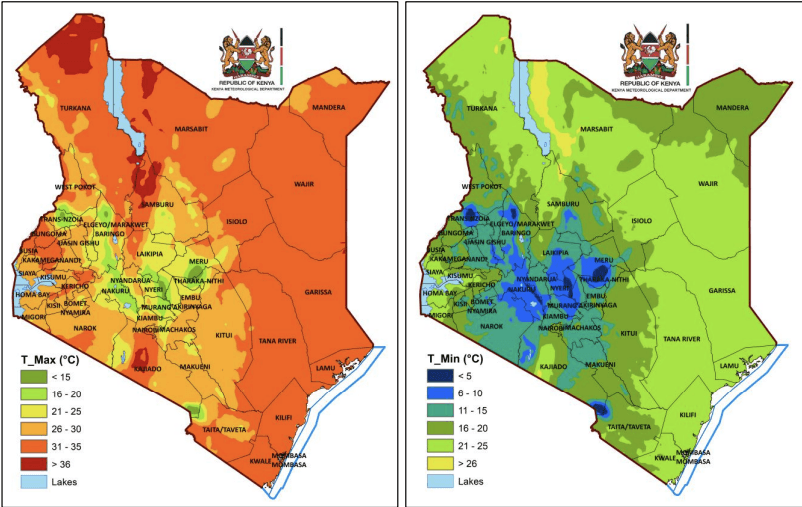
 Artificial Intelligence should be embraced globally.
Artificial Intelligence should be embraced globally. Kenya was ranked number 83 globally after Mauritius (56) and South Africa (71), Global Labour Resilience Index report 2025 read.
The report was launched at the World Economic Forum in Davos by Whiteshield in collaboration with Google Cloud.
Despite the low rankings, the report indicates that the youth in these countries can drive change and embrace innovations.
“This youthful workforce could drive innovation, entrepreneurship, and dynamism in the age of AI if the right skills and capacities are developed,” the report released on January 24, 2025, indicated.
The report notes that the government needs to invest in education, training, and digital skills development.
“The AI era presents both challenges and opportunities. While AI is likely to displace jobs in the region, it also offers a chance to leapfrog traditional structural and cyclical weaknesses, enabling countries to build resilience faster,” it read.
According to the report, early adoption of Artificial Intelligence could serve as a model to other nations.
“While AI cannot replace the foundational work required to address structural and traditional challenges, it can accelerate development and offer tailored paths to resilience,” it said.
According to Google, Artificial Intelligence is billed to revolutionize Kenya’s economy with an additional Sh311 billion to the country’s GDP.
The report further reveals how countries like the US and Singapore are leading the way in AI adoption, while others face challenges in keeping up.
It emphasises the opportunities AI presents, such as new high-skill jobs, and addresses the risks, including job displacement and growing inequalities.
WHERE KENYA STANDS
Last year President William Ruto unveiled a first-of-its-kind regional Center of Competence for Digital and Artificial Intelligence Skilling.
The centre, located at the Konza Technopolis, was established by the Ministry of ICT in partnership with UNDP and Microsoft.
Ruto said the opening of the centre will position Nairobi as a key player in the 21st technology sector both in the region and globally.
Through a cohort-based curriculum, the centre will provide tailored training and mentorship for participants, starting with representatives from Kenya, Uganda, Cape Verde, Rwanda, Tanzania, and Nigeria.
AI is rapidly transforming the future of work - corporate investment in AI since 2020 is close to $1 trillion with its adoption growing.
By 2028, analysts expect the global market for AI to exceed $1 trillion in size. According to experts, harnessing AI tools could repair the relationship between government and citizens, put public services on a new footing and unlock greater prosperity.
A report by The Digital Opportunity of Kenya also highlighted the transformative power of AI, showcasing its ability to enhance productivity across industries and improve the lives of Kenyans.
AI’s impact on Kenya’s economy stems from its potential to increase efficiency and innovation in businesses and households.
Already, 70 per cent of online adults in Kenya use AI-powered tools weekly, with many recognizing its benefits.
75 per cent are interested in AI’s ability to protect them online, 66 per cent see AI as a way to reduce repetitive tasks at work, and 61 per cent believe AI could help lower household energy consumption.
“AI’s benefits go beyond economic gains, extending to critical sectors such as healthcare, agriculture, education, and climate risk management,” the report read.
WAY FORWARD
The report underscores the urgent need for proactive measures to mitigate the risks of AI-driven job displacement and ensure an equitable distribution of its benefits.
It indicates that Artificial Intelligence is not just a technological innovation but a tool that is reshaping labour markets and redefining global labour.
“AI has the potential to redefine labour markets, create inclusive economies, and drive innovation,” the report stated.
However, it notes that without the proper policy tools and frameworks, it can increase inequalities and widen gaps between and within countries.
“Shaping the future of labour markets will require a deliberate focus on aligning policies with technological advancements to ensure that countries are not only reactive but proactive in embracing these changes,” it read.
The report notes that there should be a balance between embracing innovation and ensuring that labour markets remain equitable and resilient, setting a course for sustainable growth in an era defined by rapid technological transformation.
The GLRI concludes with a call to action for policymakers to proactively shape the future of labour markets by embracing AI-driven, personalized strategies and investing in digital infrastructure and literacy.
The report stresses the urgency of this shift, highlighting the substantial costs of inaction, including growing inequality, displacement of vulnerable populations, and missed opportunities for sustainable growth.
"The time is now to move from
reactive measures to proactive strategies that harness the transformative potential of AI for the
benefit of all," it read.
















